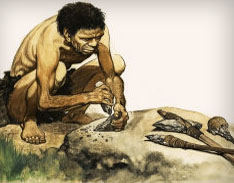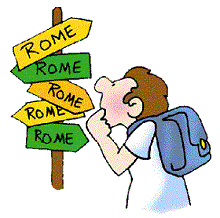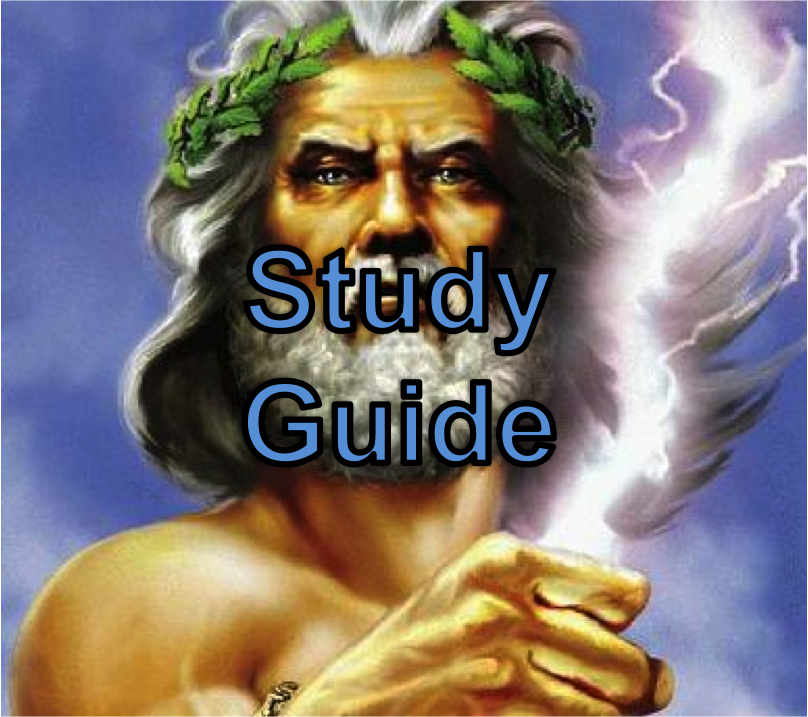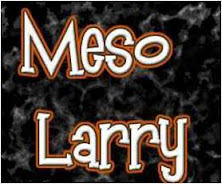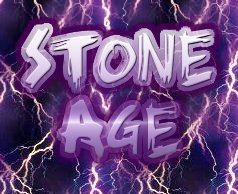
Good morning and hello. This is experiment week here at Water for Sixth Grade. With Christmas over, we find ourselves on Monday morning with an entire week off from school. You may be thinking to yourselves: "What am I going to do all week?" Well, the answer is simple. Blog. Not just blog, but blog with a purpose. Let me explain. I purposely did NOT tell anybody about this blog post before vacation started. The reason is simple. I want to do an experiment on Water for Sixth Grade, and based on today's unbelievable technology and "connectedness," I am very interested to find out what happens. Okay, let me explain. The experiment is this: I want to see how "connected" we are in the sixth grade. To do that, we will use Water for Sixth Grade. Post a comment to this blog post so I know you were here. Just tell me Hi, or tell me what you have been up to, it doesn't matter. Just post anything so I know you were on WSG. Now, here's the experiment part. I want to see how many students I can get to blog this week. Again, this was a secret blog experiment, so now we must work together. If you are reading this now, that means you have visited the blog during vacation. Good Job. Post a comment. Now, you must tell your friends to visit the blog as well and take part in the experiment. Call them. Email them. Text them. Post a message on Facebook. Anything, but you need to let them know what is going on so they can be a part of the experiment. My goal is to get at least 50% of my students to post a comment during this week. Here's how it will work: You read this, post a comment, then text three (or four or ten or however many you want) friends to visit WSG and post a comment for the experiment, then those three friends each text three people and let them know, then it just keeps spreading, like wildfire. In a matter of minutes, hundreds of people could know about this. If you are here, right now, you must spread the word. It is up to you! I know I can count on you. Just how social are we? Just how "connected" are we? Let's find out....

















